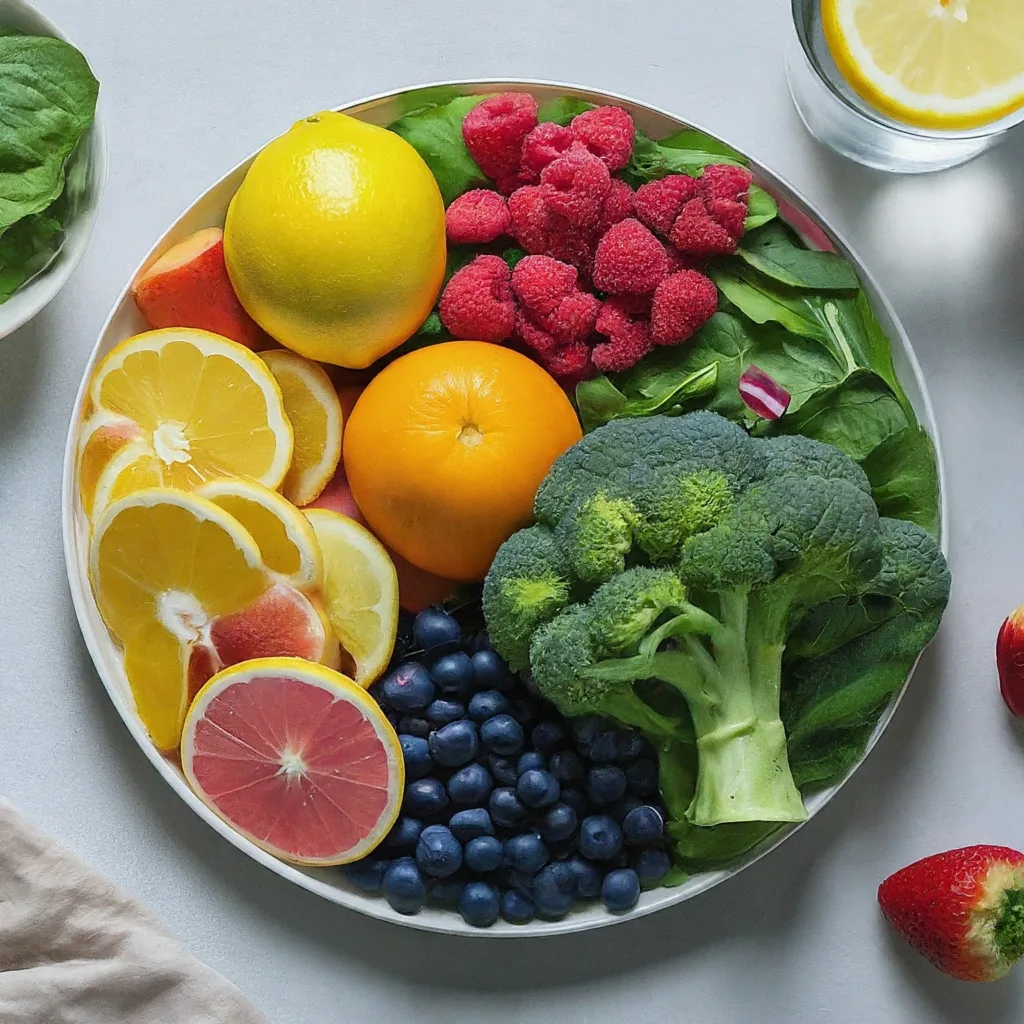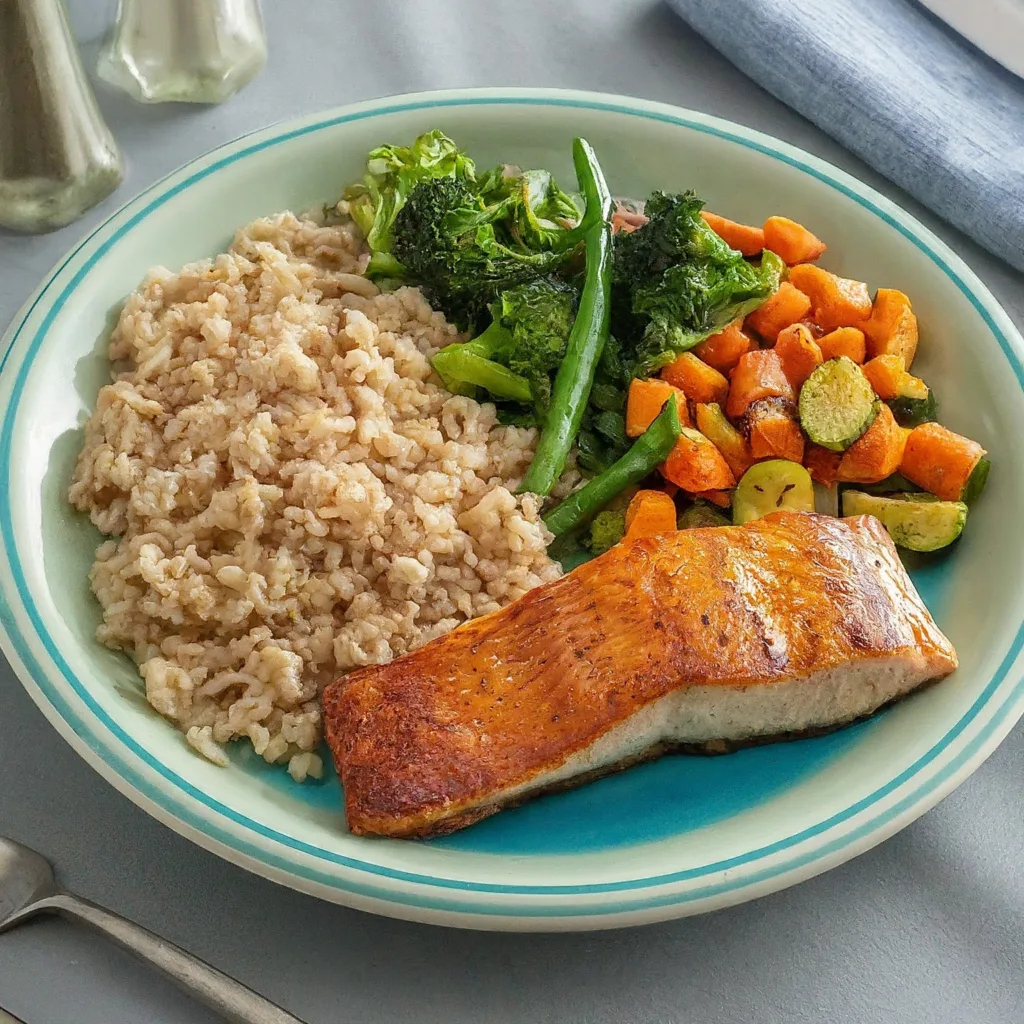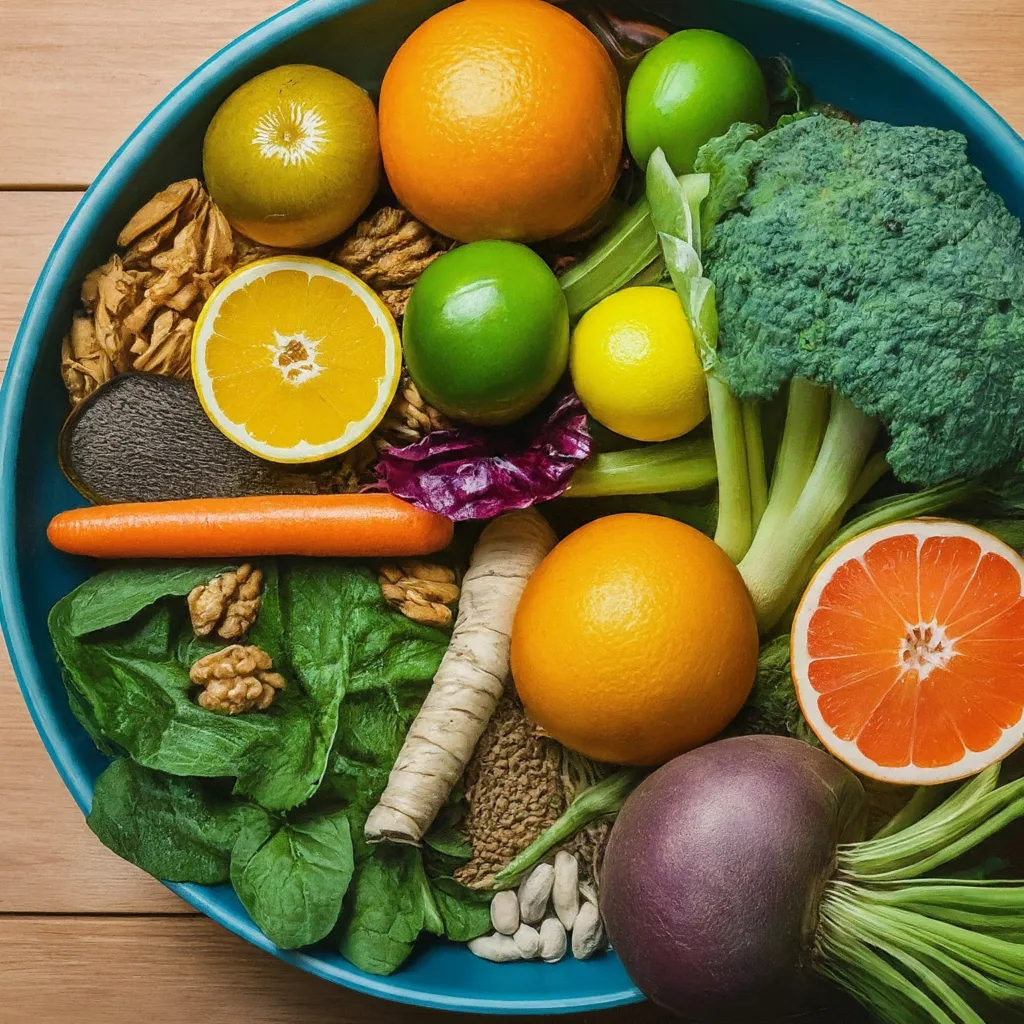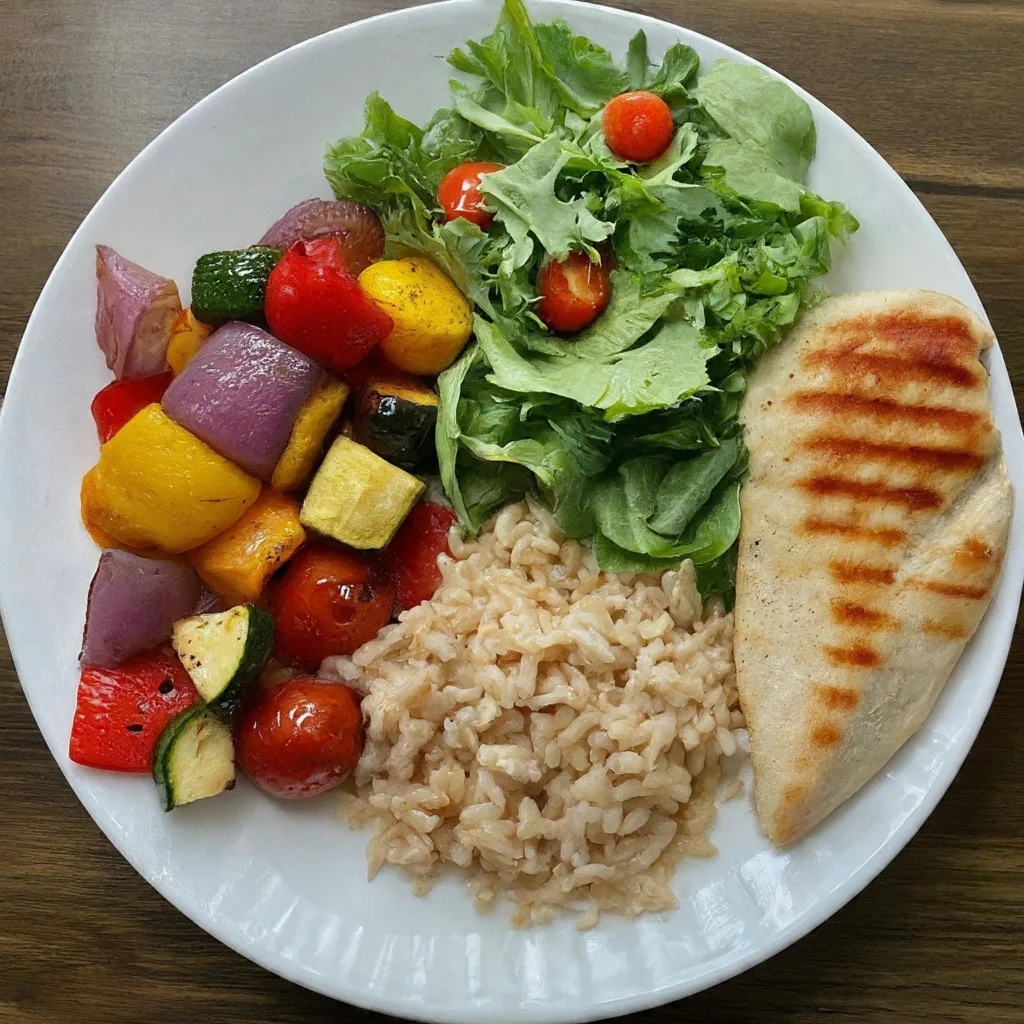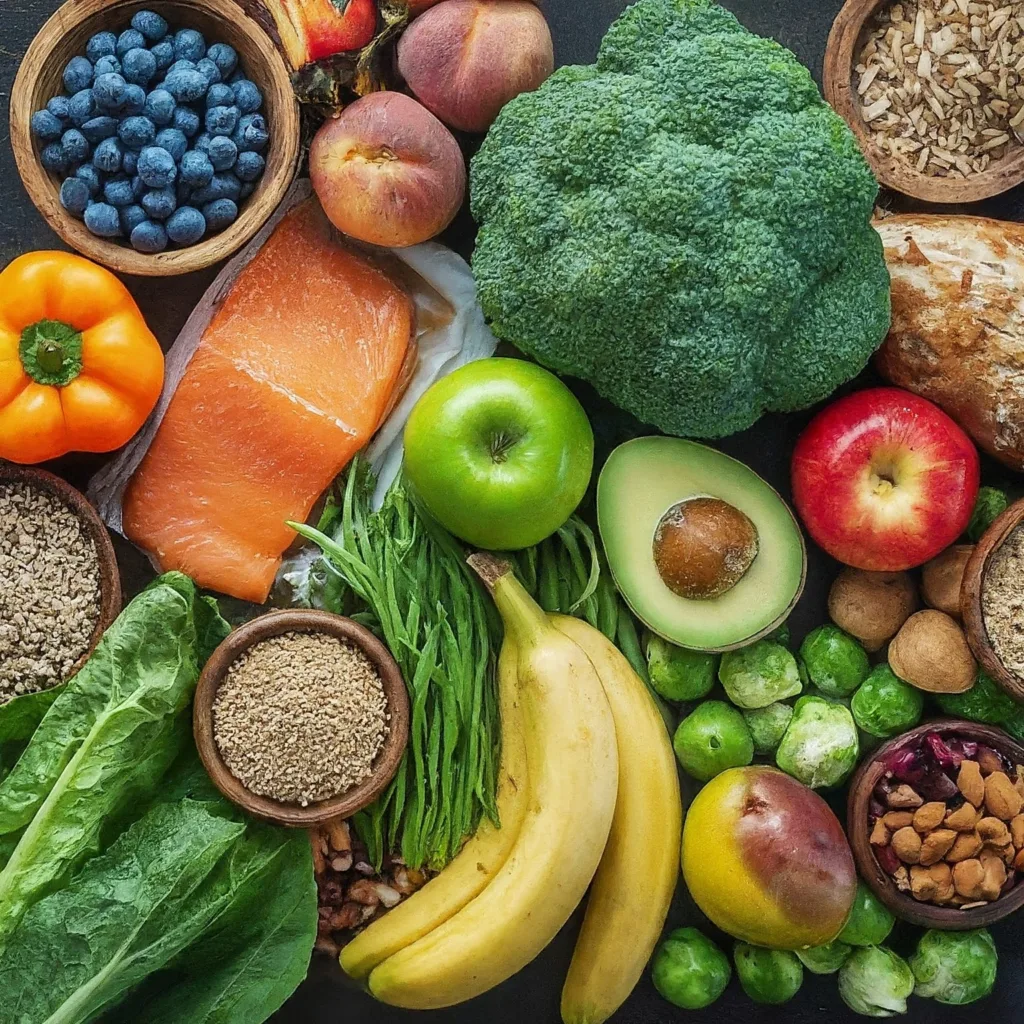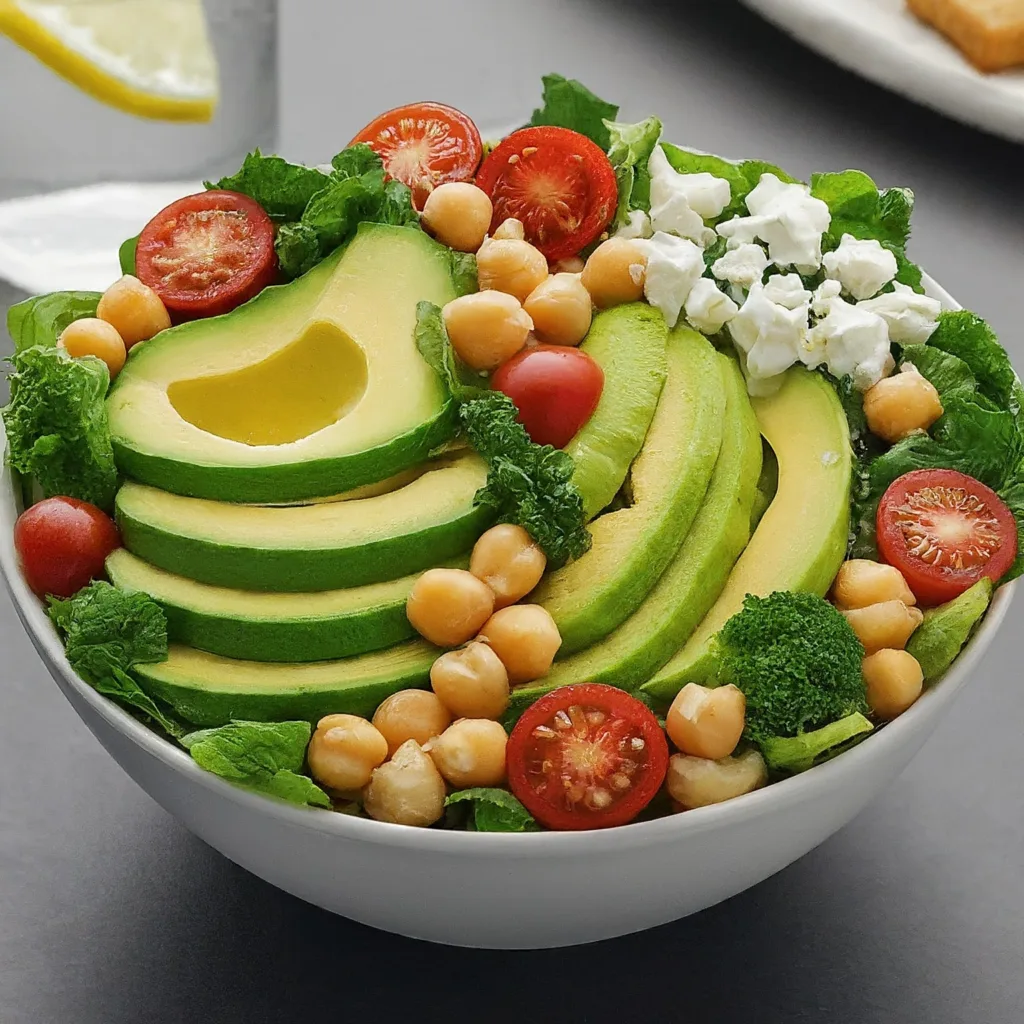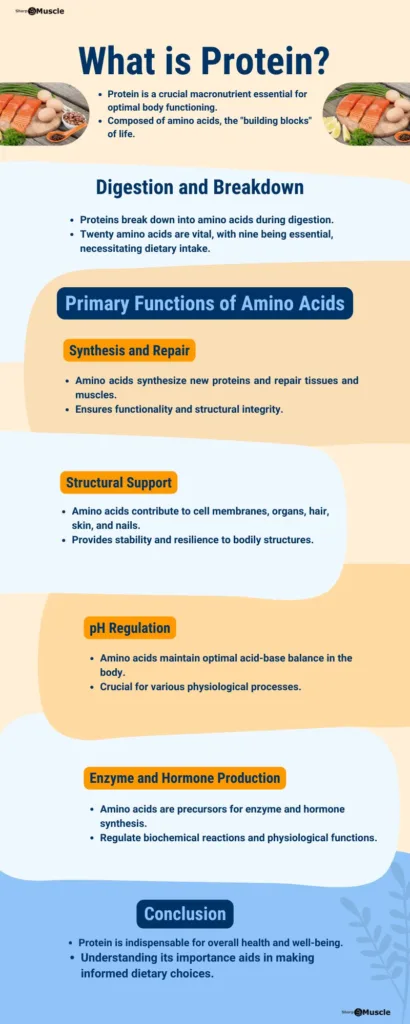Cancer diet can play an important role in cancer prevention and treatment, but it should be considered in the context of a healthy lifestyle that includes regular exercise, not smoking, and limited alcohol intake.
There is no specific “cancer diet,” as every individual’s nutritional needs and medical situation is unique.
There are certain dietary guidelines that may be beneficial for people with cancer, as well as for cancer prevention. Some general recommendations include:
- Eating a diet rich in fruits, vegetables, whole grains, and lean proteins
- Limiting processed and high-fat foods
- Maintaining a healthy weight
- Limiting alcohol consumption
What is cancer?

Cancer is a group of diseases characterized by the uncontrolled growth and spread of abnormal cells in a part of the body. These abnormal cells can form tumors and can invade nearby tissues and organs, and can also metastasize (spread to other parts of the body through the bloodstream or lymph system). Cancer develops when the body’s normal control mechanisms stop working.1 The genetic mutations and other changes in cancer cells cause them to grow and divide uncontrollably, and to evade the body’s normal mechanisms for controlling cell growth and division. This leads to the formation of a tumor, which is a mass of abnormal cells that can invade nearby tissues and organs, and can also spread to other parts of the body through the bloodstream or lymph system.
Leukemia is a type of cancer that affects the blood-forming cells of the bone marrow, and it doesn’t form tumors in the traditional sense, but the cancerous cells can accumulate in the blood and bone marrow, leading to a decline in the number of normal blood cells, which can cause a variety of symptoms.
It’s worth mentioning that not all tumors are cancerous. Benign tumors are not cancerous, and they don’t spread to other parts of the body, but malignant tumors are cancerous and can spread to other parts of the body.
Cancer can occur in many different parts of the body, and there are many different types of cancer. The common types of cancer include breast cancer, lung cancer, prostate cancer, colon cancer, and skin cancer. 2 3
The specific cause of cancer is not fully understood, but it is known to involve genetic mutations and exposure to certain environmental factors, such as tobacco smoke, radiation, and certain chemicals and viruses.
What are cancer cells and normal cells?
Cancer cells and normal cells have several key differences:
- Uncontrolled growth: Cancer cells divide and multiply uncontrollably, whereas normal cells grow and divide in a controlled manner.
- Lack of differentiation: Cancer cells are often less specialized than normal cells and may not perform the functions of normal cells in the body.
- Lack of cell death: Cancer cells do not die when they should, unlike normal cells that die in a controlled process called apoptosis.
- Ability to invade: Cancer cells can invade nearby tissues and organs and can also metastasize (spread to other parts of the body through the bloodstream or lymph system), whereas normal cells stay in their designated location and do not invade other tissues.
- Genetic mutations: Cancer cells often have mutations in their DNA, which can cause changes in the proteins that control cell growth and division.
- Blood supply: Cancer cells can form new blood vessels to feed the growing tumor, a process known as angiogenesis.
These differences in the behavior of cancer cells and normal cells are what make cancer so difficult to treat and control, as they are capable of spreading and growing aggressively, and can evade the body’s normal mechanisms of controlling cell growth and division.
Can cancer diet cure cancer?
Cancer diet may play a role in cancer prevention and treatment, but it is not a definitive cure. A healthy diet that is rich in fruits, vegetables, whole grains, and lean proteins, and that limits processed and high-fat foods, can help to lower the risk of developing cancer.
Some studies suggest that certain diets, such as the Mediterranean diet, may be protective against cancer. This diet is rich in plant-based foods, such as fruits and vegetables, whole grains, and legumes, and includes moderate amounts of fish, poultry, and dairy. It also includes healthy fats, such as olive oil, and is relatively low in red meat and processed foods.
There are also some specific foods and nutrients that have been studied for their potential to fight cancer, such as:
- Cruciferous vegetables, such as broccoli, cauliflower, and kale, which contain compounds that may help to prevent cancer
- Tomatoes and tomato-based products, which contain lycopene, an antioxidant that may reduce the risk of prostate cancer
- Fatty fish, such as salmon, which are rich in omega-3 fatty acids and may reduce inflammation, a known risk factor for cancer.
It is important to keep in mind that diet alone is not enough to treat cancer and should always be combined with standard medical treatment (such as surgery, chemotherapy, radiation therapy) and should be discussed with your oncologist, dietitian, or physician.
Benefits of cancer diet
There are several ways in which a healthy diet can have scientifically-proven benefits for cancer prevention and treatment:
- Weight management: Being overweight or obese is a known risk factor for several types of cancer, such as breast, colon, and endometrial cancer. Eating a diet that is rich in nutrient-dense foods and low in calorie-dense foods can help individuals achieve and maintain a healthy weight, which can lower their risk of developing cancer.
- Antioxidants and phytochemicals: Fruits and vegetables, whole grains, and legumes are rich sources of antioxidants, such as vitamins C and E, beta-carotene, and selenium, which can help to neutralize harmful free radicals and reduce inflammation, two factors that are known to increase cancer risk. Phytochemicals, such as carotenoids, flavonoids, and polyphenols, also present in fruits and vegetables and other plant-based foods, can help protect the body against cancer.
- Fibers: Eating a diet high in fiber has been linked to a reduced risk of developing colon cancer. Fiber helps to keep the digestive system healthy by promoting regular bowel movements and reducing constipation, which can reduce the amount of time that potential cancer-causing substances spend in the colon.
- Omega-3 fatty acids: Foods such as fatty fish (such as salmon, tuna, and sardines) contain omega-3 fatty acids, which have anti-inflammatory properties and may help to reduce the risk of cancer.
It is important to keep in mind that diet is just one of many factors that can affect cancer risk; and it should be considered in the context of a healthy lifestyle that includes regular exercise, not smoking, and limited alcohol intake.
What to eat or avoid?
When it comes to cancer prevention and treatment, there are certain foods that should be included in the cancer diet and others that should be limited or avoided.
Foods that should be included in your cancer diet:
- Fruits and vegetables: Aim for at least 5 servings per day, with a variety of different colors, as they are rich in antioxidants, vitamins, and minerals.
- Whole grains: Whole wheat, oats, barley, and other whole grains are high in fiber, vitamins, and minerals.
- Lean proteins: Fish, chicken, turkey, and plant-based proteins such as beans and lentils, as they provide essential nutrients and help maintain muscle mass during cancer treatment.
- Healthy fats: Omega-3 fatty acids found in fatty fish, flaxseeds, and walnuts, and monounsaturated fats found in olive oil and avocados, may reduce inflammation and cancer risk.
Foods that should be limited or avoided:
- Processed meats: Examples include bacon, ham, and sausages, and are linked to increased risk of colon cancer.
- Alcohol: Alcohol consumption is a known risk factor for several types of cancer, such as breast and liver cancer, and should be limited to no more than one drink per day for women and two drinks per day for men.
- Sugar-sweetened beverages: Drinking large amounts of sugar-sweetened beverages may increase the risk of obesity, which is a risk factor for cancer.
- High-fat foods: foods with high amount of saturated and trans fats
- Salt processed foods: eating large amount of processed foods with high salt content can increase the risk of stomach cancer.
Nutrition recommendation before, during and after treatment
Nutrition recommendations for cancer patients may vary depending on the type and stage of cancer, as well as the patient’s overall health and treatment plan. However, there are some general recommendations for nutrition before, during, and after cancer treatment:
- Before treatment:
- Eat a well-balanced diet that includes a variety of nutrient-dense foods, such as fruits and vegetables, whole grains, lean proteins, and healthy fats.
- Maintain a healthy weight by eating a balanced diet and engaging in regular physical activity.
- Consult with a dietitian or physician to create a personalized nutrition plan that takes into account any pre-existing medical conditions and the patient’s specific cancer type and stage.
- During treatment:
- Eat a well-balanced diet that includes adequate protein, carbohydrates, and healthy fats to support healing and maintain muscle mass.
- Stay well-hydrated by drinking water and non-caffeine fluids.
- Manage side effects such as nausea, vomiting, and mouth sores with the help of a dietitian or physician.
- Consider taking dietary supplements as recommended by healthcare professional to help meet nutritional needs.
- After treatment:
- Continue to eat a well-balanced diet that includes a variety of nutrient-dense foods.
- Maintain a healthy weight by eating a balanced diet and engaging in regular physical activity.
- Consult with a dietitian or physician to create a personalized nutrition plan that takes into account any changes in the patient’s health status and any long-term side effects of treatment.
Cancer diet plan
A cancer diet plan for cancer prevention and treatment should include a variety of nutrient-dense foods, and be tailored to an individual’s specific nutritional needs and preferences.
Drinking plenty of water and limiting processed foods, saturated and trans fats, sugar, and salt is essential. Here is a sample cancer diet plan:
Breakfast – Green juice:
| INGREDIENTS | QUANTITY |
|---|---|
| Almonds | 28g |
| Apple (red or green) | ½ |
| Celery | 3 sticks |
| Spinach (or Kale) | 1 cup |
| Cucumber | 1 |
Mid-morning (snack) – Red juice:
| INGREDIENTS | QUANTITY |
|---|---|
| Walnuts | 28g |
| Carrots | 5-6 |
| Beetroots | ½ |
| Ginger | ¼ |
| Orange | 1 |
Lunch – Berry smoothie:
| INGREDIENTS | QUANTITY |
|---|---|
| Strawberries | 1 cup |
| Blueberries | 1 cup |
| Chia Seeds | 1 spoon |
| Flaxseeds | 1 spoon |
Mid-afternoon (snack) – Nuts and tea:
| INGREDIENTS | QUANTITY |
|---|---|
| Walnuts or Almonds | 28g |
| Green tea or Black tea | 1 bag |
Dinner – Legume bowl:
| INGREDIENTS | QUANTITY |
|---|---|
| Legumes Beans, Lentil and Chickpeas | ½ cup each |
| Broccoli | ½ cup |
| Tomato | ½ cup |
| Onion | ½ cup |
It is important to note that a cancer diet plan for treatment should also take into account an individual’s cancer type, stage, and treatment plan; and should be discussed with an oncologist, a dietitian, or a physician, who can provide personalized recommendations based on the patient’s needs.
Safety and precautions
In addition to following a healthy diet, there are certain precautions that should be taken to ensure safety during cancer treatment:
- Consult with a healthcare professional: A dietitian or physician can provide personalized recommendations based on an individual’s specific cancer type, stage, and treatment plan, as well as any other medical conditions. They can also provide guidance on how to manage side effects, such as nausea and vomiting, that may affect the patient’s ability to eat.
- Be mindful of food safety: People undergoing cancer treatment may be at risk of food-borne illness, so it’s important to handle and prepare food safely. This includes washing fruits and vegetables thoroughly, keeping raw and cooked foods separate, and storing and reheating food properly.
- Consider supplements: Some cancer patients may be advised to take dietary supplements, such as a multivitamin or omega-3 fatty acids, to help meet their nutritional needs. However, it’s essential to consult with a healthcare professional before starting any supplement regimen.
- Be prepared for changes: Cancer treatment can affect a person’s appetite and ability to eat, so it’s essential to be prepared for these changes and to work with a healthcare professional to ensure that nutritional needs are being met.
- Watch out for Interactions: Some medications used in cancer treatments may interact with certain foods, supplements, or herbal products, it’s essential to inform your healthcare team about all the medications, supplements, and herbal products that you take.
- Avoid restrictive diets: Some diets may be overly restrictive and can cause nutrient deficiencies. It’s essential to follow a diet that includes a wide variety of nutrient-dense foods in order to get all the necessary nutrients.
- Eat a mixed fruit bowl a few times a week in replacement of Juice.
- Drink Green tea a few times a week.
- Drink Tulsi Tea (Basil) a few times a week.
- Eat Indian style green beans, okra, green bell pepper, green peas, etc. once a week.
- Drink Alkaline water, avoid tap water.
It’s important to remember that cancer treatment and recovery is a complex process, and diet is just one part of it. Not only that, but it should always be combined with standard medical treatment and tailored to the individual’s needs under the guidance of a professional.
Physical activities to control and prevention of cancer
There are many different types of exercises that can be beneficial for cancer patients, depending on their individual needs and abilities. Some examples include:
- Aerobic exercise: Aerobic exercise, such as brisk walking, jogging, cycling, or swimming, can help to improve cardiovascular fitness and reduce the risk of developing certain types of cancer.
- Strength training: Strength training, such as weightlifting or resistance band exercises, can help to maintain muscle mass and improve overall fitness.
- Yoga and tai chi: Yoga and tai chi are low-impact forms of exercise that can help to improve flexibility, balance, and relaxation.
- High-Intensity Interval Training (HIIT): it is a type of cardio that alternates short periods of intense exercise with recovery periods. HIIT is known to improve cardiovascular health and glucose metabolism, which can help to reduce the risk of developing certain types of cancer.
- Stretching exercises: Stretching can help to improve flexibility and range of motion, which can be especially important for cancer patients who may have limited mobility due to treatment.
- Relaxation exercises: Such as deep breathing and meditation can help to reduce stress and anxiety and improve overall well-being.
It’s important to consult with a healthcare professional, such as a physical therapist or exercise specialist, to create a personalized exercise plan that takes into account an individual’s specific needs, medical history, and treatment plan. They can also provide guidance on how to adjust exercises as needed during cancer treatment and recovery.
- John Karijolich, Ph.D., Discovery Grant 2017. “The enemy within: Regulating the expression of mutagenic DNA.” Vanderbilt – Ingram Cancer Center. Available here: vicc.org/ambassadors/meet/discovery-grant-recipients/karijolich.[↩]
- “Common Cancer Types.” National cancer institute. Available here: cancer.gov/types/common-cancers.[↩]
- Siegel RL, Miller KD, Fuchs HE, Jemal A. “Cancer statistics, 2022.” CA Cancer J Clin. 2022 Jan;72(1):7-33. doi: 10.3322/caac.21708. Epub 2022 Jan 12. PMID: 35020204.[↩]



